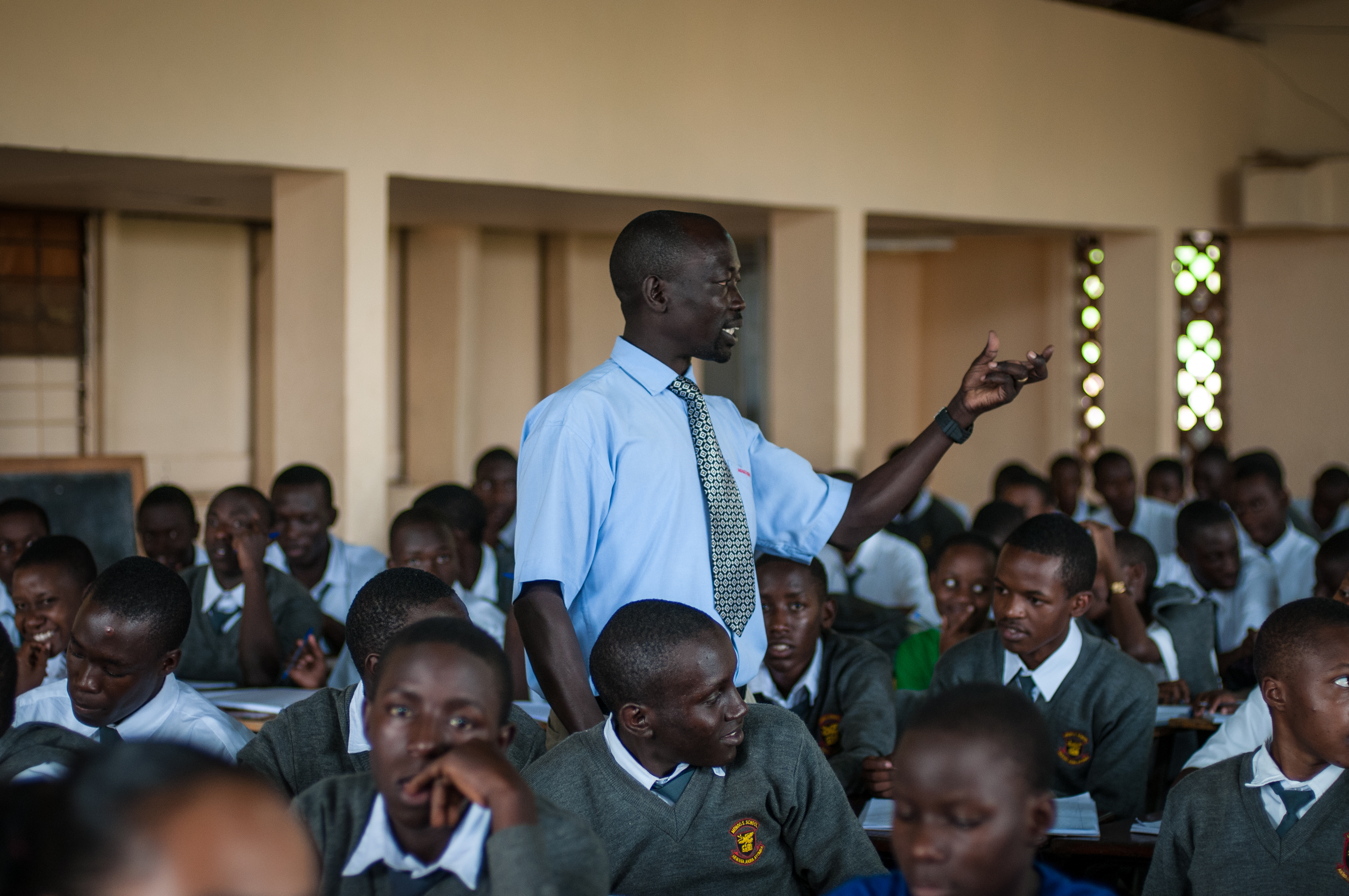
Addressing the Learning Needs of Africa’s Youth
Innovative Approaches to Improving Secondary Education Outcomes
The creativity, energy and innovation of Africa’s younger generation – the largest and fastest growing demographic on the continent and indeed the world – is an essential element in the continent’s transformation and drive towards prosperous, peaceful, and inclusive growth. And a solid education is key to ensuring the remarkable talents of Africa’s youth are fully developed.
Yet Africa’s young people continue to experience some of the world’s highest levels of inequality and poverty. Only a minority of students enrol in, and complete, secondary school. Students that do complete secondary education all too frequently lack the necessary skills that will allow them to access productive work and employers identify inadequately skilled workers as a limiting factor to business growth. The need to strengthen the quality and relevance of secondary-level education is urgent.
Under our Innovations in Secondary Education (ISE) Initiative, the Foundation and our partners target innovative ways to achieve equitable access to, and improved quality of, secondary education. Directly at the student level, this initiative works to increase access for marginalized and disadvantaged students, and aims to elevate employability and entrepreneurial skills. At the teacher level, the ISE initiative has supported projects that aim to improve motivation, professional development, and integration of technology into teaching. To date, the Foundation has committed a total of US $35.5 million for twelve projects in Côte d’Ivoire, Kenya, Malawi, Rwanda, Senegal, Tanzania and Uganda.
The ISE initiative takes a test, expand, and scale approach to the introduction of innovations in secondary education. We are a member of the Partnership to Strengthen Innovation and Practice in Secondary Education (PSIPSE). This collaborative funding partnership supports the development and testing of innovative models, and facilitates the scale-up of effective interventions in target countries. The collaborative also advances efforts to expand the evidence base for effective innovative tactics.
Beyond PSIPSE projects, the Foundation has supported proven innovative models to expand at scale and across different contexts. Examples include: expanding a STIR teacher change-maker project to test across Uganda; extending the African Digital Schools Initiative with GESCI in Kenya, Tanzania, and Côte d’Ivoire; and adopting the EDC Youth Work Readiness Program from Rwanda to Senegal.
Core to many of the projects supported under this area of work is the creation of meaningful linkages to the labour market – demonstrated through improved teaching methods, technology enhanced student learning, internships, job placements, volunteering and mentorship. Project-based learning that brings young people in touch with their community and the resources within their reach, widens their perspective and outlook.
The rising demand for secondary education and the changing needs of the labour market present an enormous opportunity to identify and foster innovative ways of enhancing youth skills for the workforce in Africa. Improved classroom professional practice provides room for thinking and creativity, and enhances learning outcomes.
Accessible, high quality, relevant secondary education will enable Africa’s youth to profoundly contribute to the prosperity of the continent.


